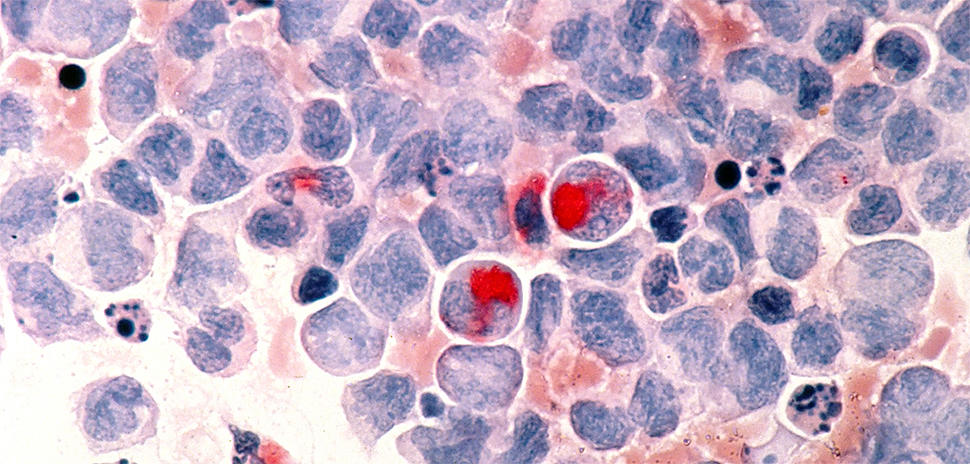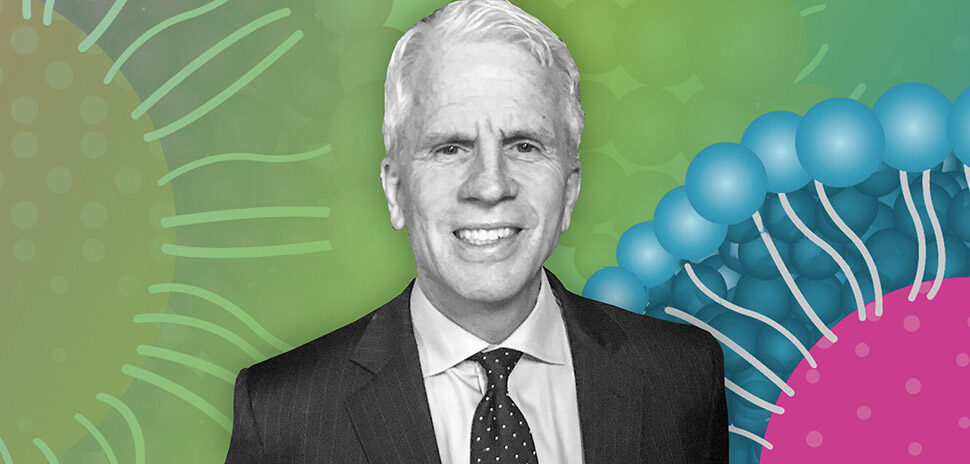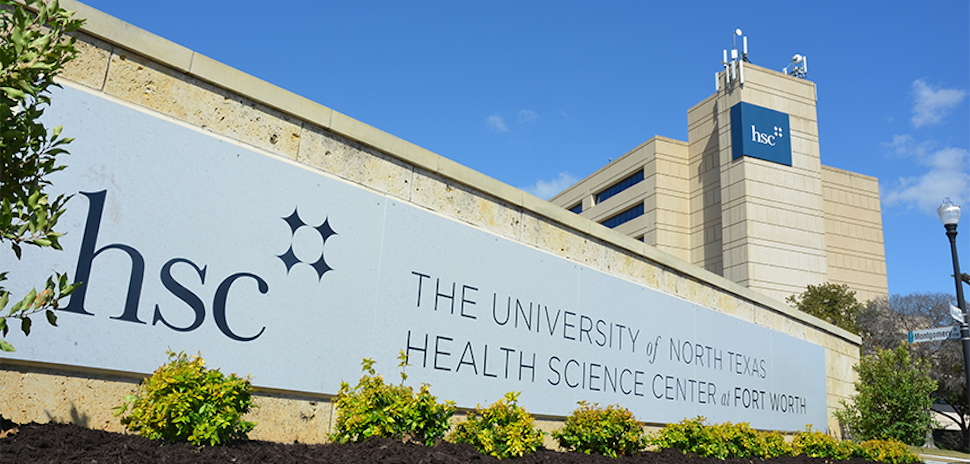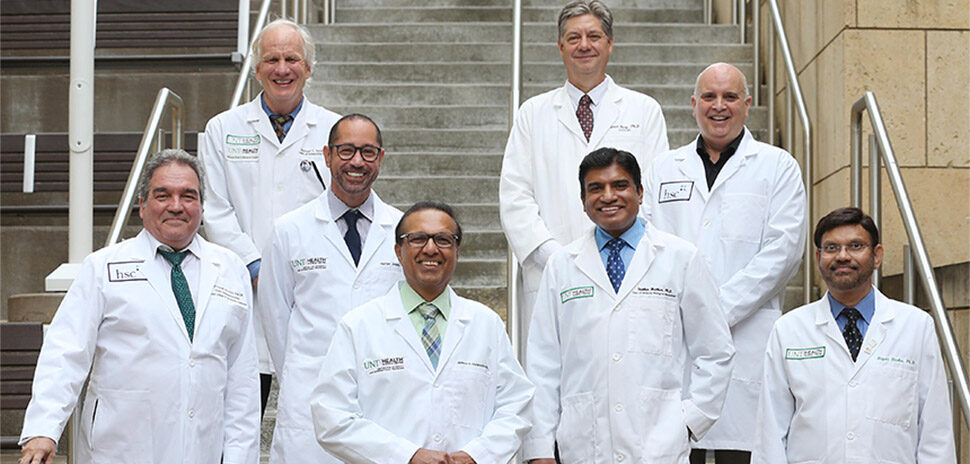The Harold C. Simmons Comprehensive Cancer Center at UT Southwestern Medical Center has been chosen for a national Cancer Moonshot clinical trial to find individually tailored approaches to treat acute myeloid leukemia more effectively.
The Simmons Center is one of 12 National Cancer Institute-designated cancer centers in the Beat AML trial, which is led by the Leukemia & Lymphoma Society. It is the only site in Texas participating in the Beat AML clinical trial.
Acute myeloid leukemia (AML) is a form of blood cancer that robs the bone marrow of its function — including creating white blood cells. That leaves patients highly susceptible to infection, UT Southwestern said in a release.
Almost 20,000 people will be diagnosed with AML this year, and 10,430 will die from it, according to the latest figures from the National Cancer Institute.
Patients with AML currently are treated with a standard chemotherapy, but UT Southwestern said it is not as effective as physicians would like.
The clinical trial will use precision medicine techniques that tailor treatment to each patient’s unique genetics.
“A typical clinical trial only studies one drug or one combination of drugs. This trial began with four different treatments with more to come, each being tested in one of several arms of the trial based on an individual’s specific genetic mutation. In doing so, the trial is designed to understand multiple drugs and their effectiveness in treating different patients diagnosed with AML,” Dr. Robert Collins, director of the Hematologic Malignancies/Blood and Marrow Transplantation Program and professor of internal medicine, said in a release.
Then-Vice President Joe Biden announced the Beat AML trial last year, along with other Cancer Moonshot-inspired initiatives.
“Using a collaborative approach, we will be more flexible and better able to develop more individualized treatments for patients diagnosed with AML.”
Dr. Robert Collins
The initiative is designed to hasten the process of finding better leukemia treatments.
“There has been little change in the standard of care for patients with AML in 40 years. All patients receive the same combination chemotherapy, cytarabine/daunorubicin, and those who go into remission may receive a bone marrow transplant. Five-year survival rates for patients age 60 and older are in the single digits,” Collins said. “Using a collaborative approach, we will be more flexible and better able to develop more individualized treatments for patients diagnosed with AML.”
In its release, UT Southwestern cited Ann Marie Herbst of Fort Worth as an AML patient who could benefit from the trial’s work.
Herbst, 32, was asymptomatic when she was diagnosed with AML in 2015. She is a wife and mother to 3-year-old Hayden.
“It was so shocking – I felt great and I’d been working out the night before. My gynecologist spotted it in my bloodwork,” Herbst said in the release.
After six months of chemotherapy, Herbst’s cancer returned a year and a half later.
Herbst is in remission, UT Southwestern said, but she has limited treatment options for the future. She said her experience highlights the need for more options for AML patients.
“I don’t have the option of a bone marrow transplant because there is no available match.”
Ann Marie Herbst
“I don’t have the option of a bone marrow transplant because there is no available match,” Herbst said. “Timing is everything. That’s why the Beat AML is so urgently important for so many people.”
The 21st Century Cures Act was passed by Congress in December 2016, and authorized $1.8 billion in funding for the Cancer Moonshot program over seven years.
An initial $300 million has been appropriated in 2017 to support Moonshot initiatives, according to the National Cancer Institute.





























